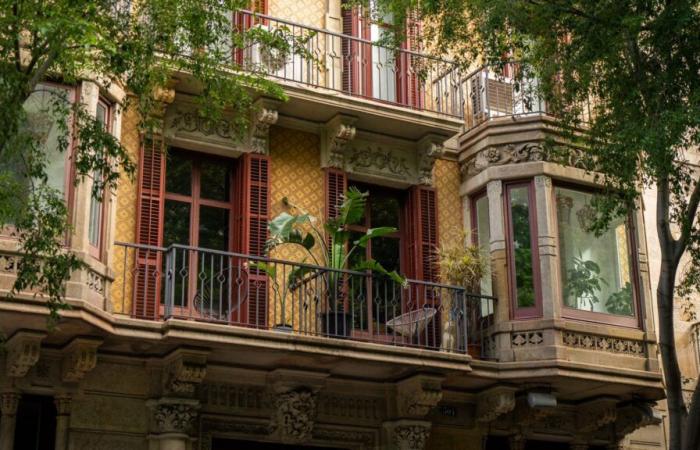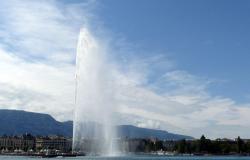3
In a letter addressed to the mayor of Barcelona, Airbnb invites the city to review its tourism and housing strategies. The company points to the approach the city has taken over the past decade as counterproductive for residents and visitors.
Mass tourism and the housing crisis are encouraging public authorities to take ever more measures to limit tourist apartments. Latest announcement to date: the mayor of Barcelona Jaume Collboni who promised this summer to put an end to all tourist accommodation before 2028. An ambition which is part of a fight which began 10 years ago with the strict obligation to have a tourist license to be able to rent to visitors.
According to Airbnb, these measures failed to resolve the housing crisis, did not help reduce rising property prices, but deprived residents of additional income. The company also points out that empty apartments are eight times more numerous than tourist accommodation, and could contribute to lowering the price of rents and the supply of rentals.
The multinational proposes increased collaboration between rental platforms, residents and local authorities to develop balanced solutions. Among the ideas put forward are better regulation of private guests, transparency in the registration of accommodation and the implementation of measures promoting sustainable tourism. The platform also cites international examples, such as Amsterdam and Tokyo, which have managed to reconcile tourist growth and preservation of the interests of residents thanks to flexible and adapted regulations, and invites Barcelona to adopt a less punitive and more innovative approach.
The town hall, not very open to negotiations
In response to the letter, socialist mayor Jaume Collboni reaffirmed his determination to gradually eliminate tourist rentals in the city by November 2028. He emphasizes that this decision aims to remedy the difficulties of access to affordable housing for residents, a problem that he considers a priority for the municipality.
Jaume Collboni also criticizes platforms like Airbnb, which he believes create tax inequalities compared to local businesses and have a negative impact on the social and economic fabric of Barcelona. The first councilor insisted on the need to recover the 10,000 housing units currently intended for tourist rental to reintegrate them into the residential market, thus directly benefiting more than 25,000 citizens.






